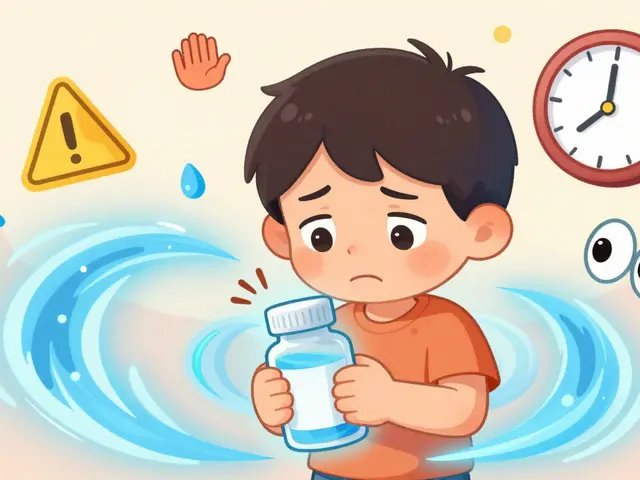Escitalopram alternatives: simple options and quick guidance
Not getting relief on escitalopram or tired of the side effects? You’re not alone. There are several clear paths you and your doctor can consider — different drug classes, combination strategies, and non-drug options. Below I’ll explain the most common choices, what to expect, and quick safety tips so you can have a better conversation with your prescriber.
Medication alternatives
If escitalopram isn’t working or causes unwanted effects, the first step is usually trying a different antidepressant. Common swaps include other SSRIs like sertraline or fluoxetine. They act similarly but can affect people differently — one SSRI might suit you where another didn’t.
SNRIs such as venlafaxine and duloxetine are another route. They can help in cases with both mood and certain pain symptoms. Bupropion is a popular non‑SSRI option: it tends to be activating (less sedating) and may avoid sexual side effects common with SSRIs. Mirtazapine can help if insomnia or low appetite is a big problem, since it often increases sleep and appetite.
Older classes like tricyclic antidepressants (amitriptyline, nortriptyline) or MAO inhibitors are effective but come with more side effects and rules, so they’re usually reserved for cases that don’t respond to newer drugs.
Other approaches and switching tips
Not ready for another pill? Psychotherapy — cognitive behavioral therapy (CBT) in particular — works well alone or with medication. Exercise, good sleep, and structured routines also boost recovery and can improve drug response.
Sometimes doctors add a second drug rather than switch. Augmentation options include low‑dose atypical antipsychotics, lithium, or buspirone for anxiety. These are chosen based on symptoms and medical history.
Switching meds requires care. Some drugs need a washout period (MAO inhibitors, for example) and abrupt stops can cause withdrawal symptoms. Ask about cross‑tapering schedules to reduce side effects. Also tell your doctor about all supplements — St. John’s wort can interact dangerously with many antidepressants.
Quick safety checklist: if you notice worsening mood, suicidal thoughts, severe agitation, or new physical issues, contact your provider right away. If you’re pregnant, breastfeeding, or have other health problems, mention that before changing treatments.
Want a short plan to bring to your next appointment? Note what didn’t work (symptoms, side effects), list any other meds or supplements, and write down your treatment goals (better sleep, less anxiety, more energy). That makes it faster to pick the right next step.
Need specific comparisons or help making a list for your doctor? I can make a simple side‑by‑side of two drugs you’re considering or a one‑page talking guide you can print and bring to your visit.




